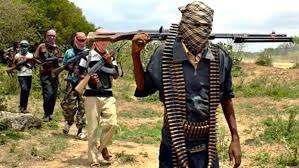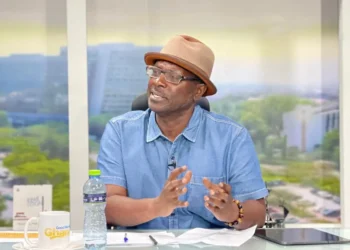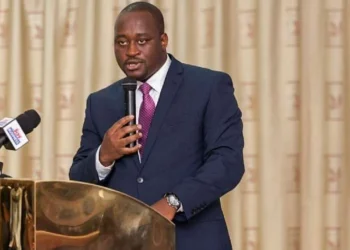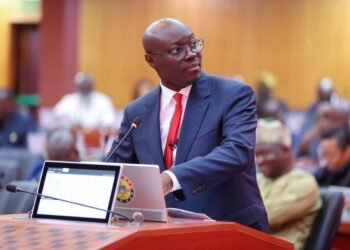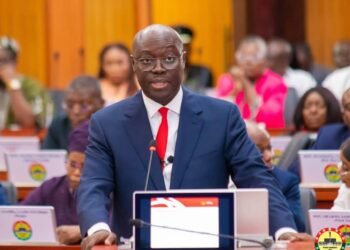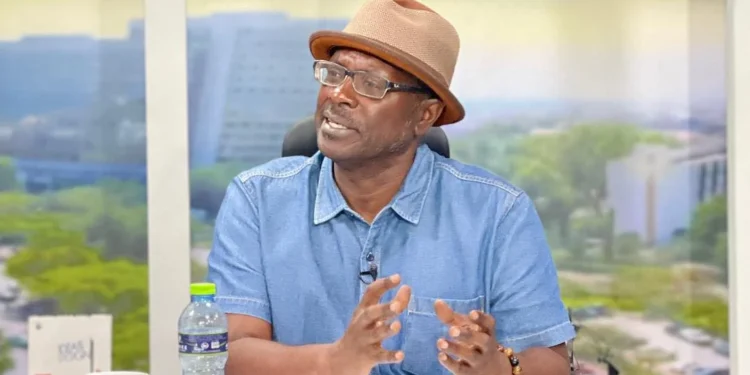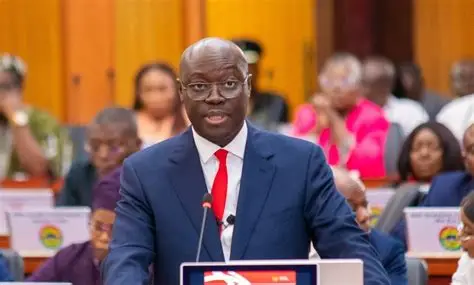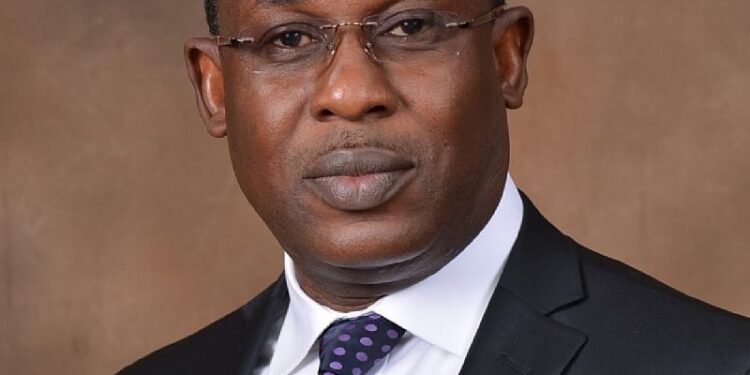Media reports reveal again another tragic shooting incident in Bawku on Monday, January 22 2024 where gunmen targeted a bus en route to Binduri, which led to the loss of six lives.
The attack, occurring after a brief period of relative calm, raises serious concerns about the security situation and the welfare of the local population.
The Municipal Chief Executive for Bawku, Hamza Amadu Zanga, verified the distressing incident to the media, expressing apprehension that the casualty count may escalate, signaling the potential for more victims.
This incident follows closely on the heels of an attack on a bus carrying students from the Presbyterian Nurses Training College, further emphasizing the volatility of the region.
The cumulative toll from these events now stands at almost eleven lives lost within a short span, leaving the local community in dire straits.
It is important to mention that women and children, in particular, bear the brunt of the armed conflict in the Bawku Municipality with reports of displacement and hindered access to education.
It is without doubt that the gravity of the situation demands urgent attention and effective strategies to bring an end to the violence.
Security consultant and Director of the Faculty of Academic Affairs & Research at the Kofi Annan International Peacekeeping Training Centre, Professor Kwesi Aning, has challenged the prevailing notion that the Bawku conflict is solely fueled by ethnic tensions and chieftaincy struggles over land.
The renowned academic instead asserted that criminal networks seeking to expand their territory are the primary instigators, challenging and undermining the authority of the state amidst the Bawku armed conflict.

In a media interview, Professor Aning emphasized that these networks pose a direct challenge to the authority of the state and hence he strongly advocated for a nuanced understanding of its root causes, dismissing the narrow belief that ethnic tensions and chieftaincy struggles over land are the sole contributors of the conflict in the Bawku Municipality.
“My assessment right now is that there are way too many stories and too many interest groups interpreting what has taken place for particular ends, so we would need a step back very quickly. I think we have the institutional framework for this, especially the national peace counsel, to quickly meet all the parties and ensure the truth is put out in the public domain”
Professor Kwesi Aning
Moreover, Professor Aning called for a commission of inquiry to investigate the reported killings in Bawku, underscoring the need for a comprehensive approach to mitigate the onflict in the Upper East Regional capital city.
In light of these insights, Ghana must consider the most strategic and efficient approaches to bring about a lasting resolution to the Bawku crisis.
As earlier mentioned by the renowned academic and security Consultant, Professor Kwesi Aning, the government must initiate a thorough and impartial investigation, possibly through a commission of inquiry, to probe the recent incidents and ascertain the motives behind the attacks in the Bawku Municipality.
This can undoubtedly help to uncover the criminal networks at play and bring perpetrators to justice.
Again, the government must strengthen security measures, particularly in vulnerable areas, to prevent further attacks. This may involve increased patrols, intelligence gathering, and collaboration between security forces and local communities.
In addition, the government must develop and implement long-term conflict resolution strategies that address not only the immediate issues but also the underlying causes. This may involve sustained peace-building efforts, reconciliation programs, and support for local governance structures.
It is worthy to note that, resolving the Bawku crisis requires a holistic and collaborative effort that goes beyond immediate security concerns. By adopting a multifaceted approach that addresses the root causes and engages local communities, Ghana can pave the way for lasting peace in the region.
READ ALSO: NPP Announces Protocols for Upcoming Parliamentary Primaries

